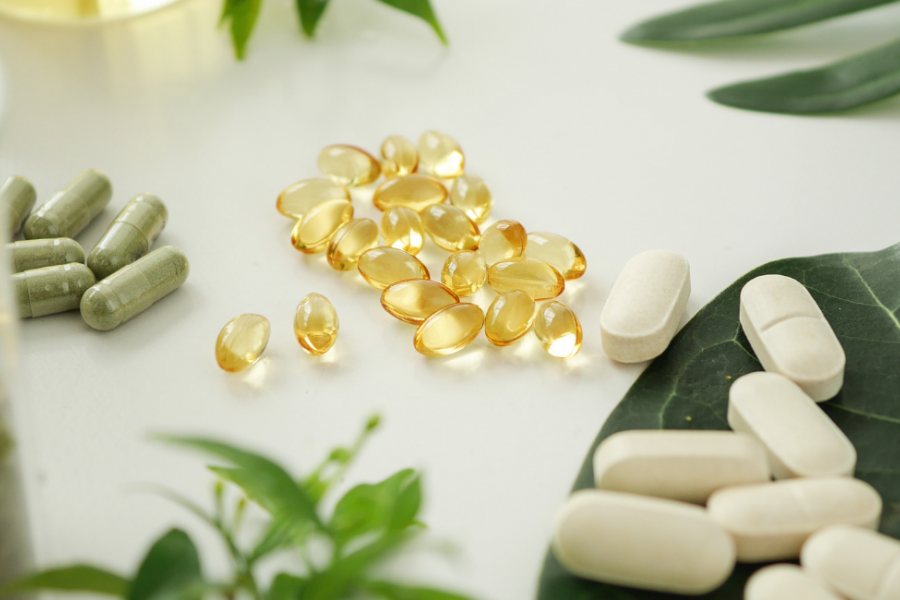N-acetylcysteine-CoA is a compound that protects the liver and detoxification pathways. It also has anti-inflammatory effects, making it helpful in treating respiratory conditions. It’s found naturally in cysteine but is only available as a supplement. A 2,000-milligram dose may be beneficial in reversing drug overdose.
It is an antidote for acetaminophen poisoning
The most common treatment method for acetaminophen poison is N-acetylcysteine acid (NAC). The antidote is effective if given within eight hours of ingestion. However, if acetaminophen poisoning occurs after 24 hours, the benefit of NAC is questionable. Nonetheless, patients should be given NAC for this off-label indication. Click this https://www.thorne.com/products/dp/cysteplus-reg to discover more benefits of NAC.
Treatment of acetaminophen poisoning requires rapid diagnosis and administration of N-acetylcysteine. NAC is an off-label antidote and is commercially available at affordable prices. In addition, it can reverse liver damage and reduce death rates in acetaminophen poisoning.
It may help with inflammation.
NAC’s antioxidant and anti-inflammatory properties have prompted researchers to explore its potential as a treatment for various health issues. While research on NAC is still in its early stages, preliminary results are promising. However, the benefits of NAC in reducing inflammation may not be as dramatic as they seem.
Inflammation is common in nearly every body part, including the lungs. Inflammation caused by ROS can also occur there. In one study, NAC helped protect and nourish lung tissue, which was associated with reducing bronchitis symptoms. However, it is essential to note that NAC can interfere with chemotherapy and may be contraindicated in patients undergoing cancer therapy. It is also advisable to consult an integrative practitioner before adding NAC to your supplement regimen.
It may help with immune system modulation.
N-acetylcysteine is an antioxidant and anti-inflammatory compound. Some studies suggest that N-acetylcysteine may be helpful in the treatment of sepsis and microcirculation derangements. It has antiviral and anti-inflammatory effects. The potential for N-acetylcysteine to modulate the immune system has not been fully explored.
N-acetylcysteine’s beneficial effects are blocking neutrophil migration across choroid stromal vessels and the blood-CSF barrier. In neonates, N-acetylcysteine inhibits inflammatory biomarkers and reduces hypoxia-ischemia-induced injury. In the laboratory, it reduces neutrophil migration and inhibits innate immune cell migration across the choroid plexus but does not interfere with the systemic immune response.
It may help with mucus breakdown.
In treating airway obstruction, patients often take N-acetylcysteine, a substance commonly known as Exomuc, Fluimucyl, or NADH, as a mucolytic. This substance is believed to help thin mucus and aid in expectoration by breaking down the macromolecules in mucus. This, in turn, makes the mucus more fluid and easier to expectorate.
N-acetylcysteine is a well-known antioxidant and a precursor to glutathione, an antioxidant that is essential to healthy immune function. Therefore, it is often prescribed for people with conditions involving oxidative stress, toxic overload, and immune dysfunction. Although more research is needed, some evidence suggests that NAC may help help to break down mucus.
It may treat some forms of cancer.
There are multiple ways N-acetylcysteine prevents and treats cancer. First, it works to fight off inflammation by inhibiting the growth of cancer cells, a critical step in cancer development. It can also be effective against stomach infections, including Helicobacter pylori. It can also inhibit gastritis-causing inflammatory cytokines. Another way NAC fights cancer is by replenishing intracellular glutathione. This antioxidant restores cells’ ability to fight off damage from ROS.
One way NAC fights cancer is through its ability to enhance T cell activity. A study conducted with mice revealed that 20 mmol/L NAC killed 75% of the L1210 cells in a 1:2 ratio. Similarly, it increased IL-2 production and CD25 expression in stimulated T cells. Although the results were preliminary, NAC appears to have some promise in treating certain types of cancer.

